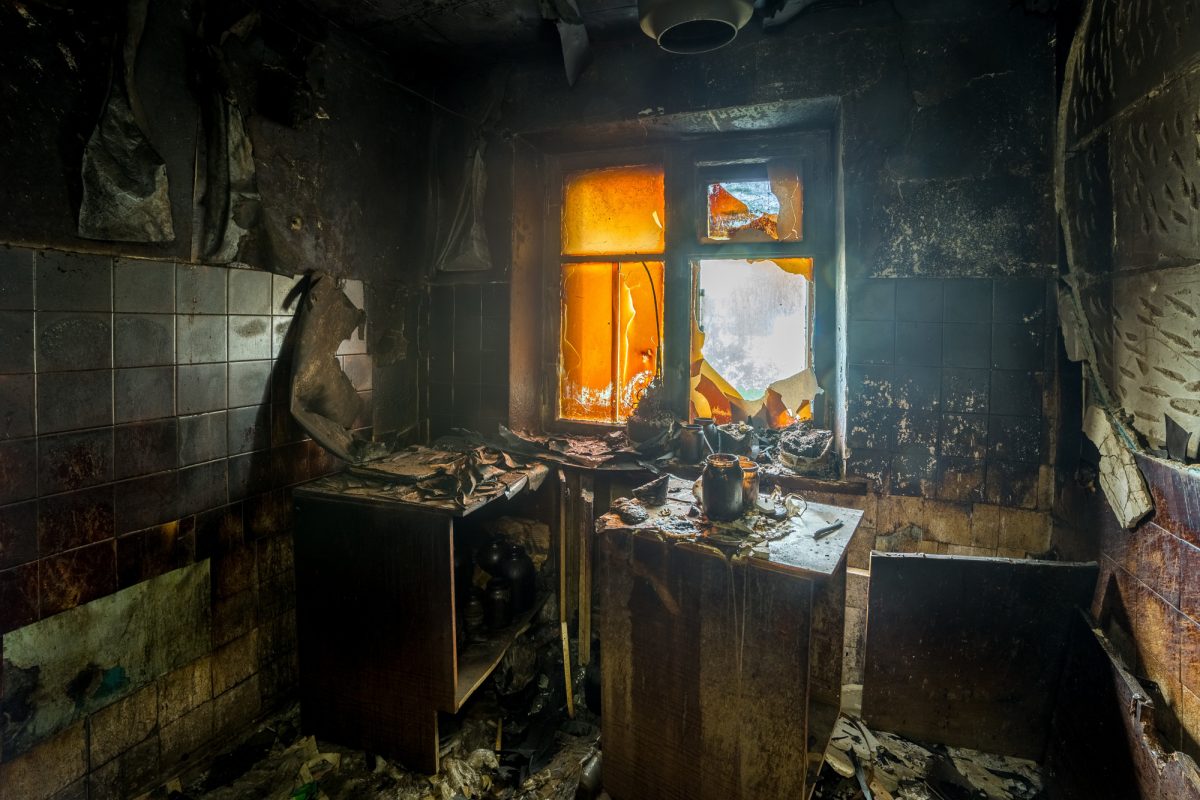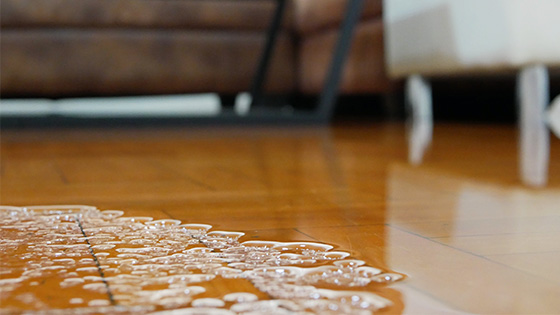We have uncovered this great article relating to Flushing Food Down the Toilet? listed below on the internet and think it made sense to quickly share it with you on this page.

Intro
Many individuals are commonly confronted with the dilemma of what to do with food waste, particularly when it comes to leftovers or scraps. One typical concern that arises is whether it's fine to flush food down the bathroom. In this post, we'll look into the reasons why individuals might take into consideration flushing food, the consequences of doing so, and different techniques for appropriate disposal.
Reasons that people might consider flushing food
Lack of recognition
Some people may not understand the possible injury caused by purging food down the toilet. They might wrongly think that it's a harmless method.
Convenience
Flushing food down the toilet may look like a quick and very easy service to dealing with unwanted scraps, especially when there's no close-by garbage can available.
Idleness
In some cases, individuals might just choose to flush food out of sheer negligence, without taking into consideration the repercussions of their activities.
Effects of flushing food down the toilet
Ecological influence
Food waste that ends up in rivers can contribute to contamination and injury water ecosystems. Furthermore, the water utilized to purge food can strain water sources.
Pipes issues
Flushing food can bring about stopped up pipes and drains, triggering costly plumbing fixings and hassles.
Kinds of food that should not be flushed
Fibrous foods
Foods with fibrous structures such as celery or corn husks can get entangled in pipes and create obstructions.
Starchy foods
Starchy foods like pasta and rice can take in water and swell, causing blockages in pipelines.
Oils and fats
Greasy foods like bacon or food preparation oils must never ever be purged down the commode as they can strengthen and cause clogs.
Appropriate disposal approaches for food waste
Using a garbage disposal
For homes outfitted with garbage disposals, food scraps can be ground up and flushed with the plumbing system. Nonetheless, not all foods appropriate for disposal in this fashion.
Recycling
Specific food product packaging products can be reused, reducing waste and lessening ecological impact.
Composting
Composting is a green means to deal with food waste. Organic products can be composted and made use of to improve dirt for horticulture.
The importance of correct waste monitoring
Minimizing environmental damage
Appropriate waste administration techniques, such as composting and recycling, assistance decrease contamination and maintain natural deposits for future generations.
Safeguarding pipes systems
By avoiding the technique of flushing food down the bathroom, homeowners can protect against pricey plumbing repair services and keep the stability of their plumbing systems.
Conclusion
In conclusion, while it may be appealing to purge food down the commode for ease, it's important to recognize the possible repercussions of this activity. By embracing proper waste management techniques and disposing of food waste sensibly, individuals can add to healthier pipes systems and a cleaner environment for all.
THINK TWICE BEFORE FLUSHING FOOD DOWN YOUR TOILET IN FALLBROOK CA
Let’s be honest, we’re really supposed to be tossing rotten or leftover food in the compost bin or trash can. But many people like to place scraps of food down the drain of, say, their kitchen sink. That’s why the garbage disposal was invented: so we can continue to place certain foods down the drain without clogging our drain in the process. Smart.
But not all of us have the luxury of having a garbage disposal installed. So, you might continue to shove food down your sink drain anyway – or worse: you might flush them down your toilet! If you’re guilty of doing the latter, you’re going to want to stop, and here’s why:
Toilet Drains Aren’t Designed to Handle Food!
There’s your answer: food just doesn’t belong in your toilet. It may seem like your toilet drain is wider than the drains of your sinks, but truth be told, that isn’t actually the case. The narrower pipes of your toilet leave your plumbing at risk for clogging if you do happen to flush your food. In addition, food doesn’t break down as quickly that toilet paper and human waste do. In turn, this leaves your toilet at risk for a nasty clog.
Although a flush of a tiny pinch of food every now and then isn’t going to completely damage your toilet, there are certain foods that should absolutely not be flushed in your toilet at all. These include starchy foods like mashed potatoes, grains, hard pieces of food that are slow to break down, and fats and oils.
The latter categories of food are particularly problematic as they may harden, expand as they absorb water, break down slowly in your system, or generally create the perfect obstruction with their gelatinous composition. These are all things you don’t want in your plumbing system!
Experiencing a Toilet Clog?
Nobody’s perfect, and we all make mistakes. Sometimes one of the mistakes people make is flushing food down their toilet and later realizing that it wasn’t the best thing to do once they see that their toilet is now clogged. Uh-oh!

I'm just very curious about What Can Happen If You Flush Food Down the Toilet? and I'm hoping you appreciated our page. Remember to take the opportunity to share this post if you liked it. Bless you for being here. Come back soon.
Call Today

